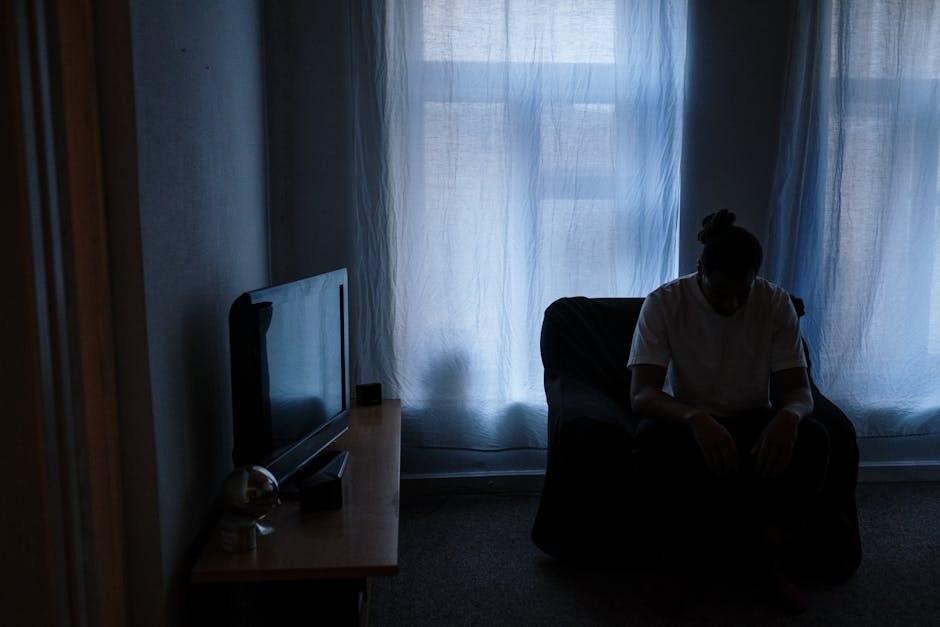Akoiromanticism is a complex emotional experience that many people find difficult to understand. It involves developing romantic feelings for someone, but when those feelings are reciprocated, you suddenly find yourself rejecting the very thing you desired. It can feel like a paradox, a longing followed by an intense aversion. This emotional confusion may seem puzzling, but it’s a reality for those who experience it.
What is Akoiromanticism?
Akoiromanticism refers to a unique romantic experience where individuals feel deep affection or attraction toward someone, but the moment that attraction is returned, they no longer desire it. This phenomenon can be unsettling, as it’s not always clear why someone would crave romantic connection but then recoil when it becomes mutual. It challenges the conventional understanding of romantic relationships, often leaving those who experience it feeling uncertain about their feelings.
6 Reasons for Akoiromantic Feelings
There are numerous factors that could contribute to the experience of akoiromanticism. Understanding these underlying causes can provide insight into why someone might feel this way, and potentially help in navigating these feelings more effectively.

Past Emotional Trauma
For many, the fear of love stems from past emotional wounds. A person who has been deeply hurt in a previous relationship or experienced significant heartbreak may develop a resistance to letting themselves fall in love again. While they might enjoy the fantasy of affection, the reality of someone returning those feelings can trigger anxiety, making them pull away. This emotional defense mechanism is often subconscious, rooted in the desire to protect themselves from further hurt.
Experiences of Abuse
For those who have suffered abuse-especially during childhood-the concept of romantic relationships can be fraught with discomfort. Even if the person doesn’t consciously remember their traumatic experiences, the emotional scars left by abuse can shape their perceptions of intimacy. When someone returns their romantic feelings, it may trigger a sense of fear or shame, making it difficult to engage in a healthy relationship.
Attraction to the Unattainable
Sometimes, akoiromantic feelings arise when someone develops an attraction to someone who seems out of reach. It can be exciting to have a crush on someone, knowing that nothing may come of it. However, when the feeling is reciprocated, the reality of the situation becomes overwhelming. The thrill of unrequited love may feel safer, as it doesn’t require confronting the complexities of a relationship. This fear of change can make a person withdraw when their affections are returned.

Confusion About Sexuality
Akoiromanticism often intersects with questions about sexual orientation. Someone experiencing this feeling may wonder if there’s something about their sexuality that they don’t fully understand. For instance, it’s possible to feel romantically attached to someone without having any desire for physical intimacy. This disconnection between romantic feelings and sexual attraction can lead to confusion, particularly for individuals still exploring their sexual identity.
Low Self-Esteem
A lack of self-confidence can play a significant role in akoiromanticism. When someone develops romantic feelings but doesn’t feel worthy of receiving love in return, they may push away their potential partner. These feelings of unworthiness-whether related to physical appearance, personality, or past experiences-can create an internal struggle that makes the idea of a reciprocal relationship feel overwhelming or even impossible.
Negative Relationship Role Models
The way individuals view relationships is often shaped by their upbringing and the examples they’ve seen around them. If someone grew up witnessing toxic or abusive relationships, they may associate love with pain and conflict. As a result, even if they develop romantic feelings, the fear of entering a relationship that mirrors the dysfunction they experienced may cause them to reject any possibility of mutual affection.
Understanding the reasons behind akoiromanticism can help those who experience it make sense of their feelings. By recognizing the emotional and psychological factors at play, it becomes possible to explore healthier ways of approaching relationships, should they choose to do so. With patience and self-awareness, it’s possible to move forward and embrace the potential for meaningful connections, even if the path to them feels uncertain.